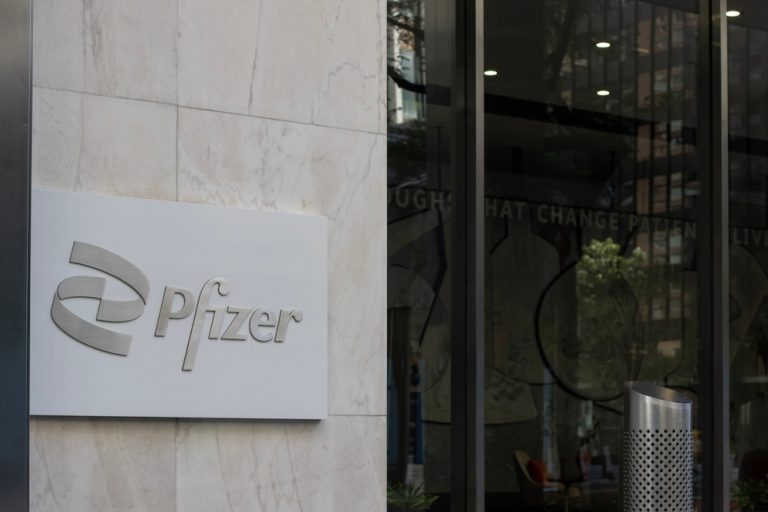In the wake of Brexit, the Payment Systems Regulator (PSR) has spotlighted significant credit card firms like Mastercard and Visa, proposing a cap on the interchange fees they charge retailers for cross-border transactions between the EU and the UK. This move comes amid concerns that these fees, amounting to an additional £150m to £200m cost for UK firms last year, are being passed on to consumers, raising questions about the fairness and efficiency of the current system.
The PSR’s intervention highlights a significant shift in the financial landscape post-Brexit. Before the UK departed from the EU, a cap on “cross-border interchange fees” was in place, limiting the amount retailers had to pay when customers in the UK purchased from the European trading bloc. Post-Brexit, Mastercard and Visa have reportedly increased these fees for UK retailers, which the PSR believes may have taken them to an “unduly high level.”
Mastercard and Visa have contested the PSR’s suggestions despite the proposed cap. A Visa spokesperson argued that the cap was “unjustified,” emphasizing the value of “reliable, secure, and innovative digital payments” for UK businesses, particularly in international transactions. They noted that the fees, which apply to less than 2% of UK card payments, reflect these transactions’ increased complexity and higher fraud risk.
Mastercard defended its fee structure, asserting its value in a competitive market. “We do not agree with the PSR’s findings,” a spokesperson said, underlining their commitment to “educate them on the critical importance of electronic payments to the UK economy.”
Chris Hemsley, the managing director of PSR, summed up the regulator’s stance, stating, “In short, at this stage, we do not think this market is working well.” The PSR’s proposed cap aligns with the EU’s existing limits—0.2% for debit card transactions and 0.3% for credit cards. The regulator has called for feedback on these proposals before finalizing its report in early 2024.
This scrutiny comes when the UK government also explores alternatives to the US-dominated payment systems. A recent government-commissioned report highlighted the need for a “digital alternative” to Mastercard and Visa, echoing EU ambitions for a “home-grown” solution in the payments sector.
The PSR’s proposed fee cap represents a critical juncture in the evolving relationship between major credit card companies and the post-Brexit financial market. As the debate over the fairness and competitiveness of these fees continues, the outcome of this regulatory scrutiny could have significant implications for both UK businesses and consumers and the broader landscape of international digital payments.























+ There are no comments
Add yours